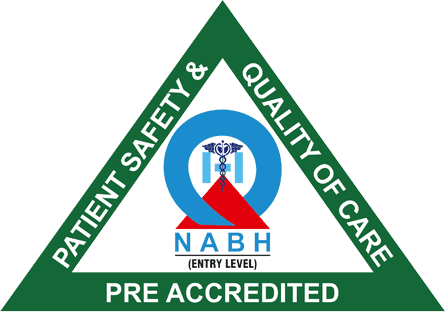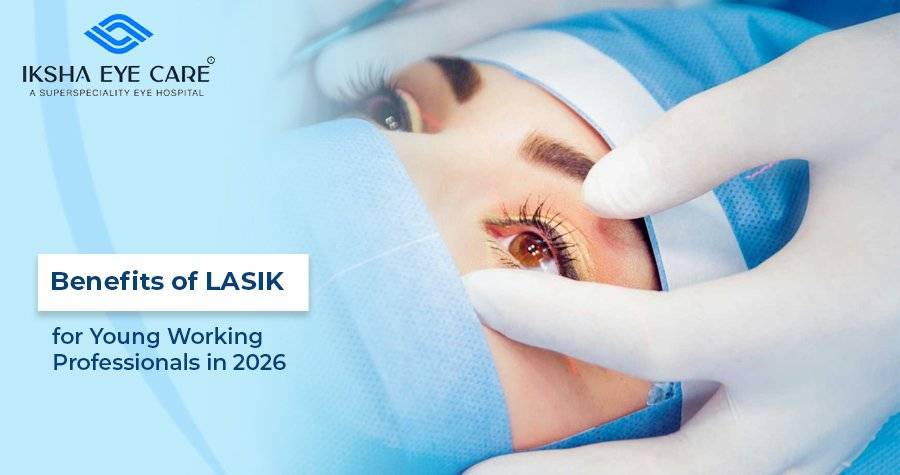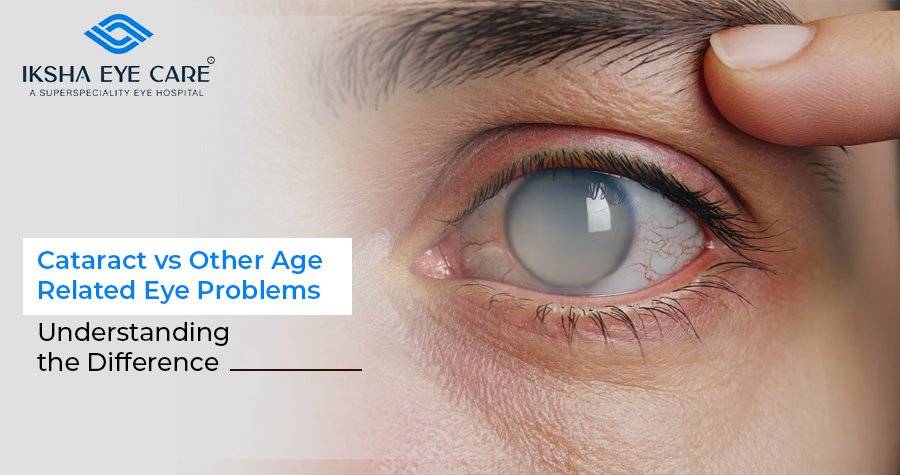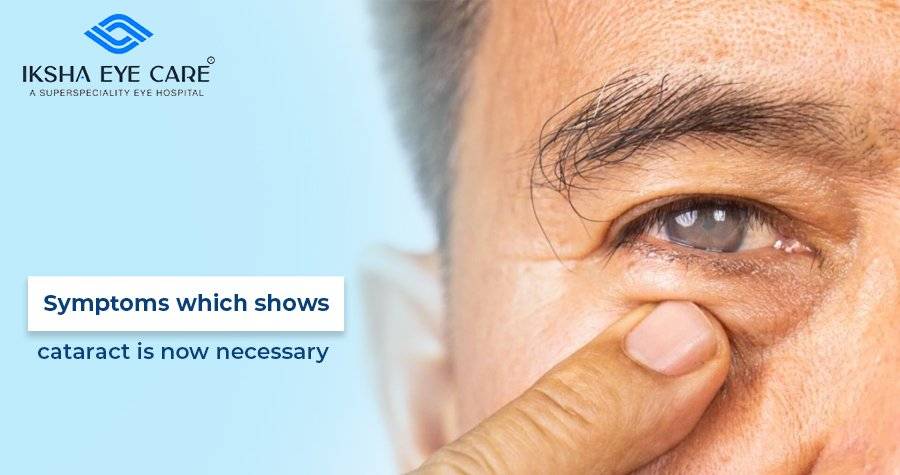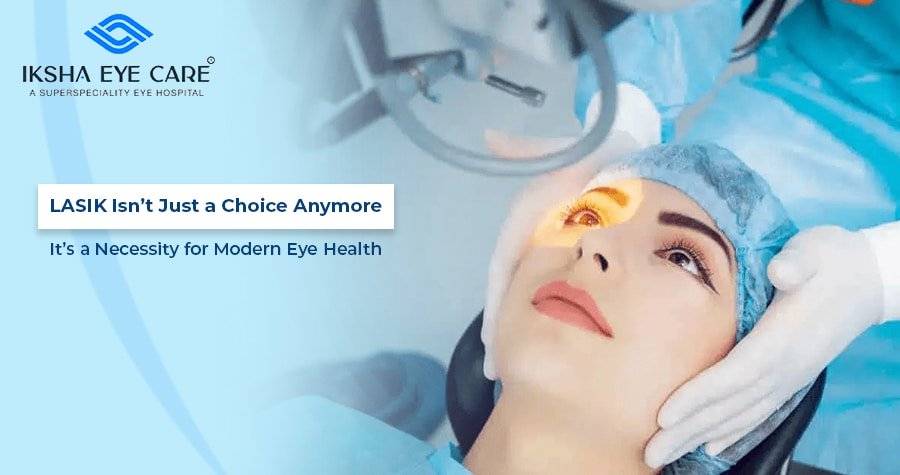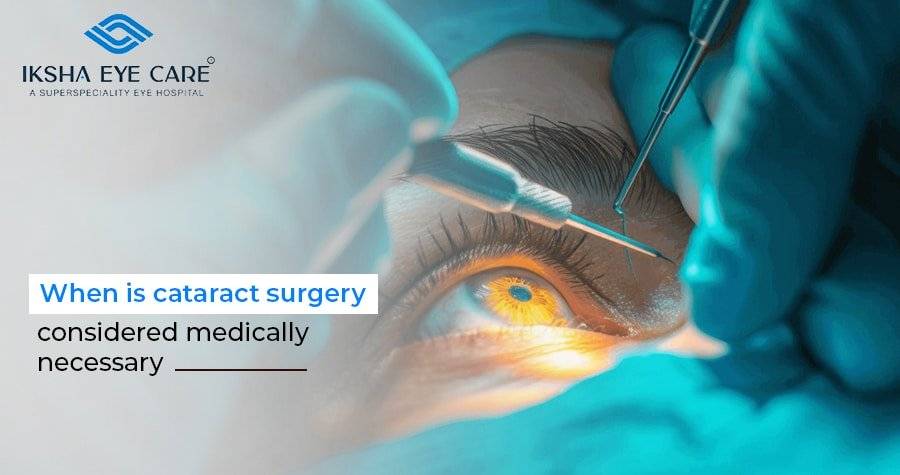Introduction – Why LASIK Has Become Essential for the 2026 Workforce
As we enter 2026, the lifestyle of young working professionals has changed dramatically. Between remote work, hybrid offices, long video calls, digital documents, and prolonged screen time, eye strain has become one of the most common complaints among individuals aged 22–40. Many professionals now realize that depending on glasses and contact lenses every day is no longer practical, especially with their demanding schedules.
This is exactly why LASIK has emerged as one of the most valuable health investments for young professionals in 2026. At Iksha Eye Care in Mumbai, more working individuals from IT employees and designers to consultants, entrepreneurs, and creators are choosing LASIK not only for convenience but also for better productivity, health, and overall lifestyle improvement.
If you’re a working professional wondering how LASIK can change your life in 2026, this guide explains the key benefits, long-term advantages, and why now is the best time to consider it.
1. Clear Vision to Support Intense Screen Work
In 2026, most jobs involve:
- 8–10 hours of laptop work
- Virtual meetings
- Data-driven tasks
- Digital presentations
- Smartphone multitasking
Glasses often make long screen sessions uncomfortable. They slip, fog, distort peripheral vision, and cause fatigue.
With LASIK, young professionals experience:
- Sharper focus
- Reduced digital eye strain
- More comfortable long working hours
- Improved visual endurance
- Better concentration during high-stress tasks
At Iksha Eye Care, LASIK evaluation ensures your cornea, retina, and eye pressure are in perfect condition before recommending the procedure.
2. Improved Work Efficiency and Productivity
When you remove the constant visual limitations of spectacles and contact lenses, your productivity naturally improves. Many professionals in 2026 report feeling more confident and efficient after LASIK because they’re no longer dealing with:
- Blurry vision due to smudged lenses
- Frequent prescription changes
- Dryness from contact lens wear
- Lens irritation during long workdays
LASIK allows you to focus on your work without interruptions making it ideal for young professionals with demanding schedules.
3. Perfect for Remote, Hybrid, and On-the-Go Lifestyles
Today’s working professionals don’t follow a fixed routine. One day you’re working from home, the next you’re in the office, then traveling for business, or attending a weekend workshop.
In 2026, LASIK supports this modern lifestyle by allowing:
- Comfortable travel without worrying about lenses
- Clear vision during early-morning or late-night calls
- Smooth transition between home and office setups
- Instant clarity in emergency or last-minute situations
For people constantly on the move, LASIK eliminates the tiny daily annoyances that glasses and contacts create.
4. Greater Confidence in Meetings, Networking, and Public Speaking
Whether you’re presenting to clients, leading a team, or networking at events, visual clarity and personal appearance play a major role in confidence.
Young professionals after LASIK often feel:
- More expressive and confident
- More comfortable making eye contact
- Free from distractions caused by shifting frames
- Better camera presence during video meetings
This psychological boost is one of the most underrated yet powerful benefits.
5. Enhanced Comfort During Workouts and Active Lifestyles
The modern workforce gives equal importance to fitness. But glasses and contact lenses are inconvenient for:
- Gym workouts
- Running
- Sports
- Swimming
- Yoga sessions
- Outdoor activities
LASIK offers clean, uninterrupted vision without worrying about sweaty glasses, broken frames, or dry contact lenses during workouts.
Iksha Eye Care provides advanced LASIK techniques suitable for active young adults with healthy corneas.
6. Reduction in Long-Term Costs
Many young professionals believe LASIK is expensive, but in 2026, the economics tell a different story.
When you calculate the long-term cost of:
- New glasses every 1–2 years
- High-quality contact lenses
- Contact lens solutions
- Eye exams
- Prescription sunglasses
- Replacements after breakage or loss
LASIK often becomes the more affordable option by your late 20s or early 30s.
It’s a one-time investment that offers benefits for years.
7. Freedom from Contact Lens-Related Problems
Young working adults who rely on contact lenses experience issues like:
- Dry eyes
- Allergies
- Redness
- Protein buildup
- Corneal infections
LASIK is a safer long-term solution because it eliminates dependence on lenses and reduces the risk of associated complications.
Iksha Eye Care conducts a detailed evaluation to ensure the eye surface is healthy before the surgery.
8. Quick Procedure, Minimal Downtime
In 2026, modern LASIK technology makes the entire procedure extremely fast.
- Surgery time: ~10–15 minutes
- Recovery: 24–48 hours
- Minor restrictions for 1–2 weeks
- Return to work: often the next day
This is ideal for working professionals who can’t take long leaves.
9. Better Night Vision and Driving Convenience
Many young professionals drive late at night due to overtime, shift work, or social commitments.
Glasses can reflect light, and contacts may dry out, making night driving uncomfortable.
Post-LASIK, individuals experience:
- Reduced glare
- Sharper night vision
- Clearer road signs
- Better peripheral clarity
This is especially helpful for those who travel frequently or drive long distances.
10. Future-Proofing Your Eyes in a Highly Digital World
The digital world of 2026 is only getting more intense.
More screens, more AI tools, more virtual interactions, and more digital dependency.
By choosing LASIK now, young professionals are:
- Protecting themselves from worsening refractive errors
- Reducing long-term digital eye strain
- Building a healthier visual foundation for the future
Your vision is your most essential work tool. LASIK helps protect and enhance it.
Conclusion – 2026 Is the Best Time for Young Professionals to Choose LASIK
The demands of the 2026 workforce make LASIK more relevant than ever. It offers young professionals clearer vision, higher productivity, better health, and greater lifestyle freedom. With fast recovery, proven safety, and long-term benefits, LASIK is no longer just an option, it’s a strategic life upgrade.
If you’re ready to experience the advantages of clear, glasses-free vision, Iksha Eye Care in Mumbai offers advanced LASIK evaluations, precise diagnostic testing, and personalized treatment plans.
FAQs
1. Is LASIK safe for young working professionals in 2026?
Yes, LASIK is extremely safe and effective for healthy adults aged 22–40 after proper evaluation.
2. How long is the LASIK recovery period?
Most professionals return to work within 24–48 hours after the procedure.
3. Is LASIK affordable for young adults?
Considering long-term expenses of glasses and lenses, LASIK is often more economical.
4. Can I do LASIK if I work long hours on screens?
Yes, LASIK can reduce digital eye strain and improve comfort during long workdays.
5. Does Iksha Eye Care in Mumbai offer LASIK?
Yes, Iksha Eye Care provides advanced LASIK evaluation, diagnostics, and refractive surgery options.


